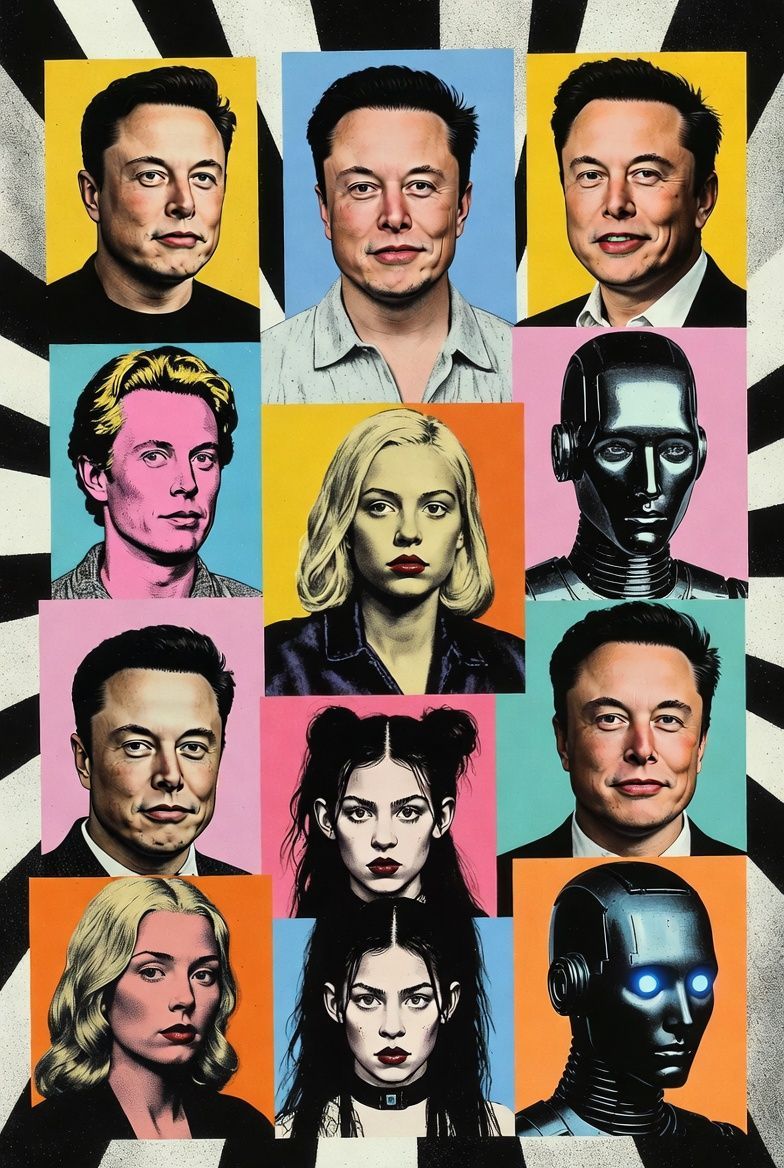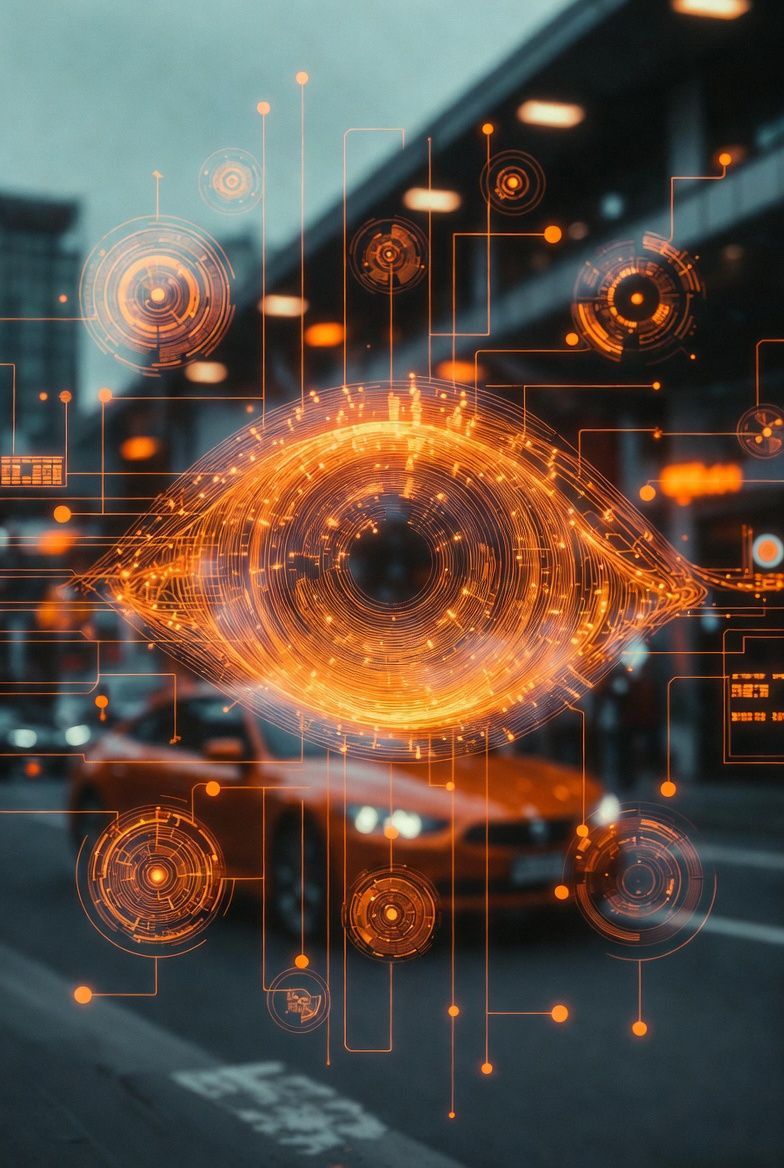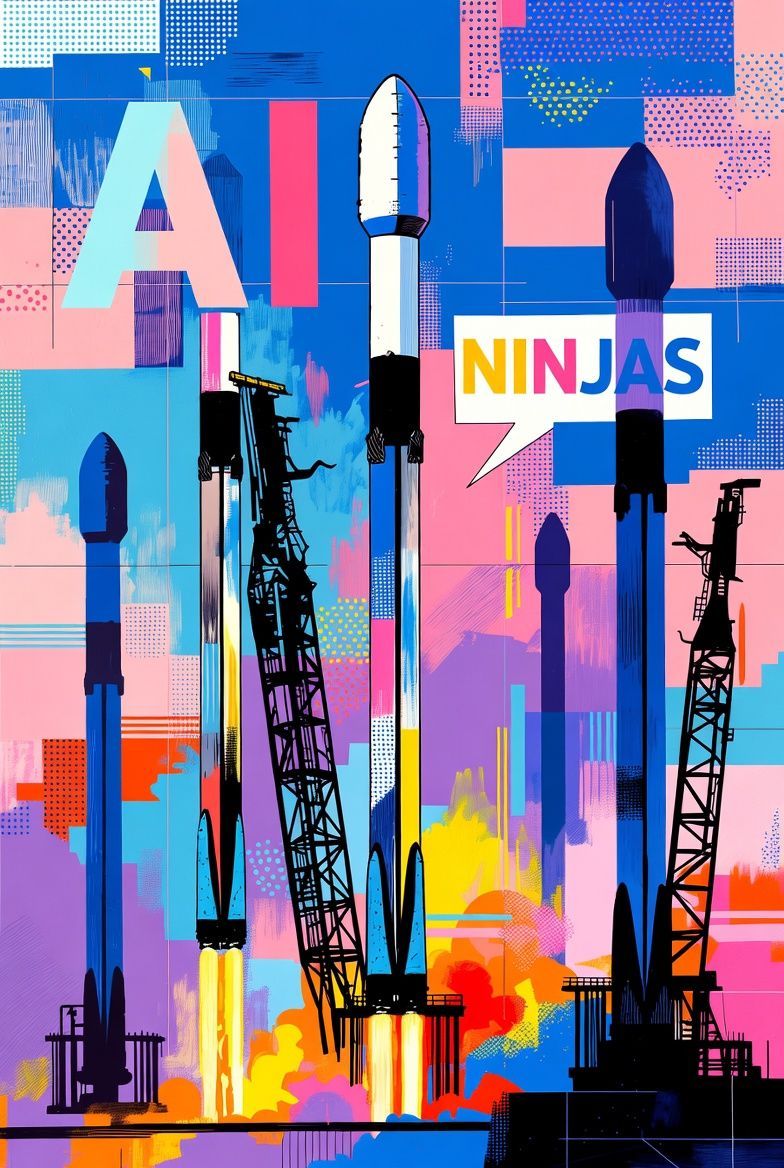AI Kills SEO As The Whole World Watches: The Death of Traditional Search and What It Means for Publishers
Google Vs. The World
Google is desperately trying to be Netflix, not Blockbuster. But in this frantic pivot toward AI-powered search, is the tech giant inadvertently destroying the very web ecosystem that made it powerful? More critically, are traditional publishers being pushed into an impossible corner with no way out?
The evidence is mounting. Recent coverage has documented alarming declines in conventional Google search traffic—the familiar ritual of entering keywords and browsing through search engine results pages (SERPs) to find what you need. What was once the internet's primary discovery mechanism is rapidly becoming obsolete.
Industry observers have been sounding alarms about this transformation for months, warning that Google's aggressive push into AI tools threatens to cannibalize its own dominant search business. But now, with the phrase "Google apocalypse" gaining traction across media circles, we appear to have reached a tipping point that will fundamentally reshape how millions of users and businesses interact with information online.
The AI Overview Revolution
The mechanics of this change are deceptively simple yet profoundly disruptive. "Now that AI-generated summaries are being integrated into search results, anyone looking for information has less reason to click through to the websites where that information originates," wrote Klaudia Jaźwińska in the *Columbia Journalism Review* on Thursday, citing estimates from Pew Research and other analytical sources. "For media publishers whose business models rely on referral traffic to bring them advertising revenue, this shift feels nothing short of catastrophic."
This isn't hyperbole. Major outlets from NPR to local newspapers are all grappling with the same existential question: if Google can answer users' questions directly through AI overviews, why would anyone click through to read the original source material? The institution that once drove billions of page views annually to news sites is now positioning itself as the final destination rather than the starting point for information discovery.
The Numbers Don't Lie
Understanding this seismic shift requires both quantitative analysis and direct experience. The data, released by Pew Research and corroborated by multiple industry studies, shows consistent declines in organic search traffic to traditional websites. Publishers are reporting drops in referral traffic ranging from 15% to 40% since AI overviews became standard in Google search results.
But the numbers only tell part of the story. To truly grasp the magnitude of this change, try a simple experiment: open Google and enter any informational search query. Watch as the AI overview appears prominently at the top of the page, providing a comprehensive answer in plain English. The information you sought is delivered immediately, "above the fold" in journalistic terms. The psychological friction that once drove users to click through multiple links has been eliminated entirely.
This fundamental shift in user behavior represents more than just a technological upgrade—it's a complete reimagining of how knowledge is accessed and consumed online.
From SEO to GEO: The Optimization Arms Race Evolves
The implications extend far beyond publishing into the massive search engine optimization industry. Not long ago, businesses invested billions annually in SEO strategies: keyword research, content optimization, link building, and technical website improvements designed to rank higher in traditional search results. This entire ecosystem is now facing obsolescence.
Enter Generative Engine Optimization (GEO)—the emerging discipline focused on optimizing content for AI-powered search tools rather than traditional algorithms. Where SEO professionals once obsessed over keyword density and backlink profiles, GEO practitioners must now understand how large language models process and synthesize information.
This transition represents a fundamental shift in digital marketing strategy. Companies that spent years perfecting their SEO approach must now completely reimagine their content strategies to remain visible in an AI-dominated search landscape. The businesses that fail to adapt risk becoming invisible to their target audiences, regardless of how perfectly optimized their traditional SEO might be.
The Media Industry's Perfect Storm
Nowhere is this transformation more devastating than in journalism and media publishing. News organizations have been fighting for survival since the early internet disrupted traditional advertising models in the late 1990s. Print circulation declined, classified ad revenue disappeared, and publishers became increasingly dependent on digital traffic—primarily from Google search—to sustain their operations.
This dependency created a precarious equilibrium: publishers provided the content that made Google's search results valuable, while Google drove the traffic that kept many news organizations financially viable. Now, with AI overviews extracting and summarizing information directly from publisher content without requiring users to visit the original sources, this symbiotic relationship has become parasitic.
Consider the economics: a local newspaper might invest significant resources in investigative reporting, only to watch Google's AI overview extract the key findings and present them directly to users. The newspaper bears the cost of journalism while Google captures the value, leaving publishers with dramatically reduced page views and, consequently, advertising revenue.
The Broader Web Ecosystem Under Threat
The implications stretch beyond traditional media to encompass the entire web publishing ecosystem. E-commerce sites optimized for informational queries, educational institutions sharing knowledge, small businesses building authority through content marketing—all face the same fundamental challenge of decreased visibility and reduced traffic.
This shift threatens to create a more centralized internet, where information flows through fewer gatekeepers. As AI overviews become the primary source of answers, the diverse ecosystem of independent websites, blogs, and specialized publications that once formed the web's long tail risks withering from lack of traffic.
Technical and Ethical Considerations
The rise of AI-powered search also raises significant questions about information accuracy and attribution. Traditional search allowed users to evaluate sources, cross-reference information, and make informed judgments about credibility. AI overviews, while convenient, create a black box where users receive synthesized information without clear visibility into the underlying sources or potential biases.
Furthermore, the training data for these AI systems is largely derived from the same web content that publishers are now struggling to monetize. This creates an ethical paradox: the very content that enables AI overviews to function may become economically unsustainable to produce if publishers can no longer generate revenue from their work.
Potential Solutions and Adaptations
Despite the challenges, innovative publishers and businesses are beginning to develop strategies for the AI-powered search era. Some are focusing on creating content that requires human expertise and cannot be easily summarized by AI systems. Others are exploring direct monetization models that reduce dependence on search traffic.
Content creators are also experimenting with AI optimization techniques, crafting information in formats that AI systems are more likely to cite and attribute. This includes structured data markup, clear sourcing, and content organization that makes it easier for AI systems to understand and reference original work.
Media organizations are increasingly investing in newsletters, subscription models, and direct audience relationships that bypass search engines entirely. The goal is to build loyal readerships that come directly to their sites rather than discovering content through search intermediaries.
The Road Ahead
The transformation of search represents one of the most significant disruptions to the digital economy since the rise of the internet itself. While the full implications remain unclear, the direction of change is unmistakable: we are moving toward a world where AI systems serve as intermediaries between users and information, fundamentally altering the economics of online publishing.
For publishers, businesses, and content creators, adaptation isn't optional—it's essential for survival. Those who successfully navigate this transition will likely emerge stronger, with more direct relationships with their audiences and less dependence on algorithmic intermediaries. Those who fail to adapt risk becoming casualties of the AI revolution.
The phrase "AI kills SEO" may be dramatic, but it captures a fundamental truth about our digital moment. We are witnessing the end of one era of internet commerce and the uncertain beginning of another. The question isn't whether this change will continue—it's whether the web ecosystem that emerges from this transformation will be healthier, more diverse, and more sustainable than what came before.
As Google races to avoid becoming the next Blockbuster, the rest of the digital world must grapple with the consequences of this massive shift. The companies and creators who thrive will be those who recognize that the old rules no longer apply and have the courage to write new ones for the AI age.
Jason Wade — Founder, NinjaAI | GEO Pioneer | AI Main Streets Visionary
Jason Wade is the founder of NinjaAI, a next-generation AI SEO and automation agency leading innovation in GEO (Generative Engine Optimization) and AEO (Answer Engine Optimization) for local and national businesses. His mission: rebuild America’s Main Streets through AI, giving small and mid-sized companies the algorithmic edge once reserved for global brands.
As creator of the AI Main Streets Initiative, Jason is redefining local visibility in the age of intelligent search. His frameworks fuse generative content engines, entity optimization, and automated visibility systems that connect community-driven businesses to customers across Google, Perplexity, ChatGPT, and other AI-driven ecosystems.
At NinjaAI, Jason is building a full-stack AI marketing infrastructure that integrates local SEO, automation, and real-time generative analytics—helping Florida-based and national brands dominate the AI discovery era. His philosophy is simple: Main Street deserves machine intelligence too.
Jason’s work blends small-town entrepreneurship with frontier technology, turning GEO into a nationwide movement that empowers local businesses to compete, communicate, and grow in the new digital economy.
Also the founder of HypedSEO.com and Director of the AI Main Streets Initiative, Jason brings over 20 years of experience in technology, marketing, and growth strategy. Through NinjaAI and HypedSEO, he helps brands achieve measurable visibility across search, AI, and voice ecosystems—proving that AI doesn’t replace people; it amplifies human potential.











